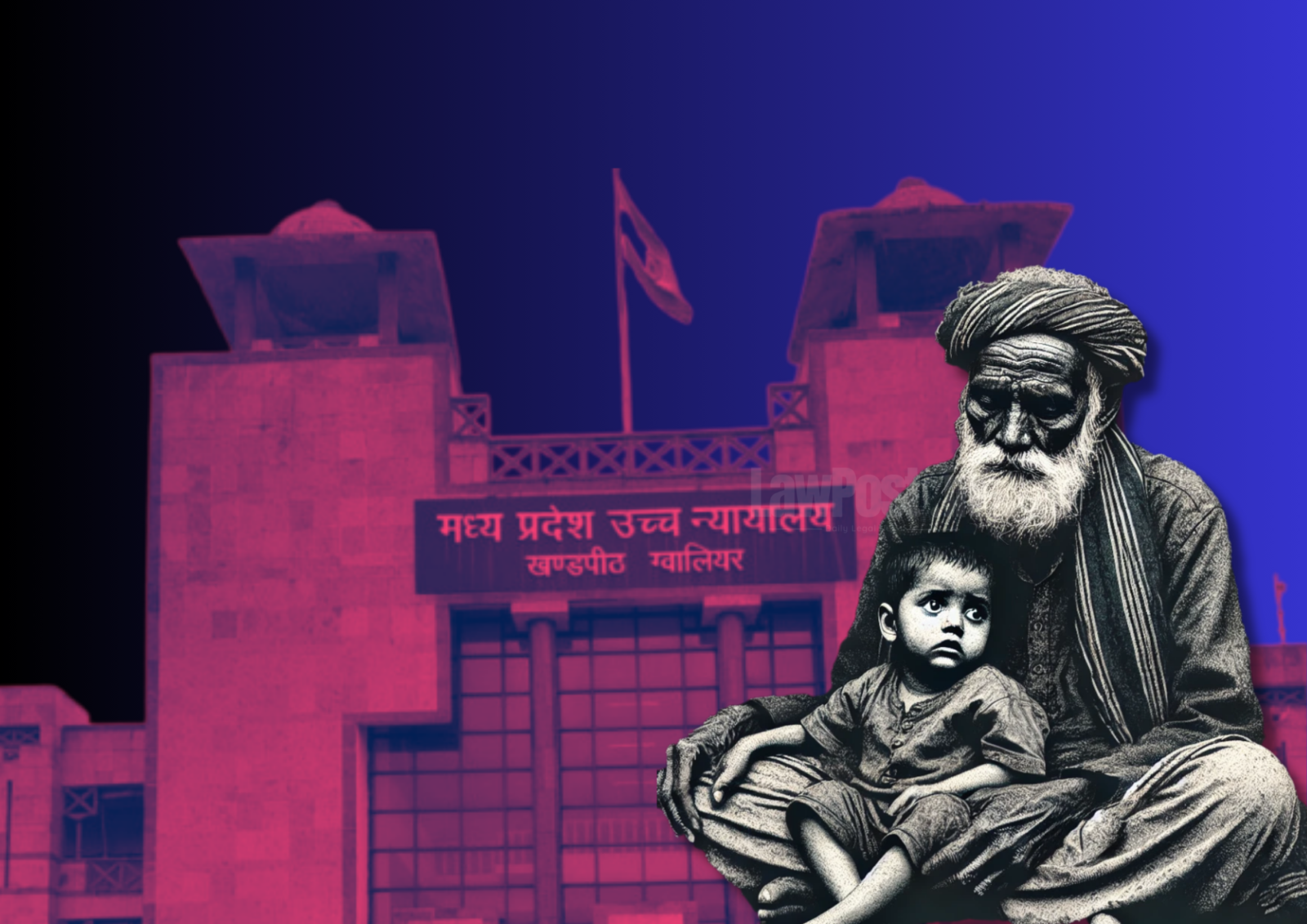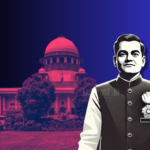In a recent ruling, the Madhya Pradesh High Court has urged for a social audit of orphanages and old age homes to ensure the well-being of their residents. The court emphasized the need for responsible individuals from various sectors, including education, health, law, and administration, to actively visit such institutions to understand the plight of inmates and contribute to their welfare.
A Division Bench of Justice Anand Pathak and Justice Hirdesh noted that such visits would create a sense of belonging and security among the residents, who are often marginalized by society. They stated that it would help these individuals feel included in the mainstream and improve their quality of life.
The Court’s comments were made in the case of Dinesh Batham vs. State of Madhya Pradesh, where a lawyer sought the restoration of an appeal that had been dismissed for non-compliance with a conditional order. The lawyer admitted to a procedural mistake made by his clerk and requested the restoration of the appeal. In response, the Court allowed the appeal to be restored with a unique suggestion: the lawyer was asked to spend an hour of community service at the Madhav Andha Ashram in Gwalior, an institution for orphans and people with disabilities. During this visit, the lawyer was instructed to bring food items or snacks worth ₹1,000.
The Bench made it clear that this suggestion was not punitive, but rather a way to encourage community engagement. “This community service of one hour would not only be satisfying to the soul but would also give a message to the differently-abled children that society and its members care for them and that they are not considered as the children of the Lesser God,” the Court remarked.
The Court also highlighted that such visits would ensure better functioning of these institutions by creating transparency and accountability. “Another important effect of the Social Audit is that management of those institutions sometimes misbehave or cause mischief to the inmates, especially children and females living there. This way, they would always be cautious that the society is keeping eyes over their working,” the Bench added.
This initiative marks a significant step in the evolving concept of social audits. The Court emphasized that policymakers, particularly those from the Department of Women and Child Welfare, the Department of Social Justice, and the Police, must develop tangible solutions to address the issues facing such institutions.
In closing, the Court directed that a copy of the order be sent to key government officials, including the Chief Secretary, Principal Secretary of the Women and Child Development Department, and the Secretary of the Juvenile Justice Committee of the Madhya Pradesh High Court for their consideration.








